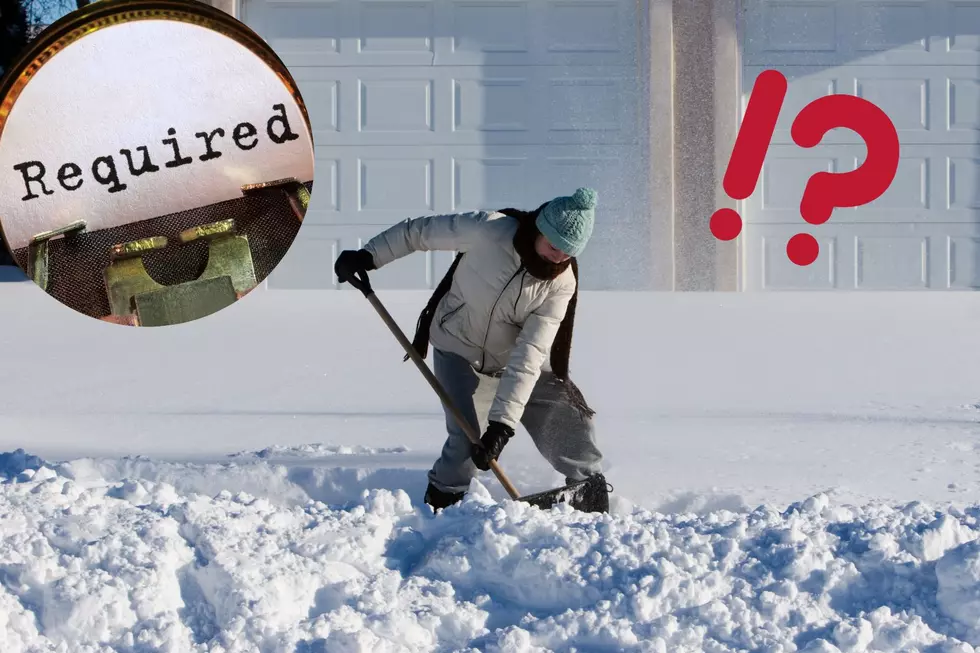
Court Strikes Down Montana Law Barring Political Robocalls
HELENA, Mont. (AP) — A federal appeals court ruled Tuesday that Montana can't ban political robocalls based on their content alone, marking the latest in a string of court decisions against U.S. states that attempt to restrict automated phone calls promoting political campaigns.
A three-judge panel of the 9th U.S. Circuit Court of Appeals ruled that Montana's law prohibiting political robocalls — recorded phone messages that advocate for a candidate or seek information for a political campaign — is a violation of the First Amendment's free-speech protections.
The court has previously upheld other state laws that regulate robocalls, such as those that aim to protect consumers from scams, but those laws were based on how robocalls are made and not on what they say, the judges said.
"In particular, prohibiting political robocalls strikes at the heart of the First Amendment," Judge Richard Paez wrote in the opinion.
Unless an appeal changes the outcome, the ruling to restrict political robocalls based on content alone applies across the nine Western states within the 9th Circuit's jurisdiction. It's also in line with other court decisions across the nation, including an opinion by the 4th Circuit, which oversees four mid-Atlantic states and struck down a similar South Carolina law in 2015.
District courts in Wyoming and Arkansas also have found political robocall laws in those states unconstitutional. The 7th Circuit, which covers three Midwestern states, upheld an Indiana anti-robocall law in 2017, but that court ruled Indiana's statute did not discriminate by content — the law regulated who may be called, not the message.
Debra Bernard, a partner with the law firm Perkins Coie who last year wrote an article on political robocalls for the National Law Journal, said the U.S. Supreme Court may want to weigh in on the issue in the future, given the important constitutional question it addresses.
"Any restrictions on political speech must be carefully scrutinized as such speech is one of the pillars of our democracy," she said.
Montana passed its anti-robocall law in 1991, the same year the federal Telephone Consumer Protection Act became effective. The federal law bars political robocalls to mobile devices without prior consent, but it does allow them to landline phones, according to the Federal Communications Commission.
The Montana law, by contrast, called for a $2,500 fine for robocalls that are related to a political campaign, as well as calls that aim to sell a good or service, solicit information or gather data.
A Michigan-based company called Victory Processing sued, saying it wanted to use robocalls to engage in political speech in Montana in the future but the law unconstitutionally limited its speech.
State attorneys defended the law as protecting Montana residents' privacy and tranquility. The law isn't an outright ban of robocalls, but requires a live operator to first announce the topic of the robocall, state officials argued.
A district judge ruled in favor of the law last year. But the 9th Circuit panel reversed that decision.
The judges disagreed with the state's contention that the law doesn't discriminate against political calls because it outlines every conceivable subject of robocall. The law doesn't ban charitable solicitations, for example, Paez wrote.
"Montana has offered no reason why, for example, an automated fundraising call from a political campaign is inherently more intrusive than a similar automated fundraising call from an apolitical nonprofit entity — both would tie up phone lines and answering machines in the exact same manner," the judge wrote.
Montana Attorney General Tim Fox said he was disappointed by the decision and that he vigorously defends Montana's robocall restrictions.
"My staff and I will fully review this decision and determine if there's an appeal path going forward, or if Montana's Legislature may need to address statutory issues during its next session," he said.
The ruling means Montana voters may receive more automated calls as the 2020 elections approach. Montana Commissioner of Political Practices Jess Mangan said the state's campaign finance laws apply to robocalls, and political committees will have to have attribution in the calls and report their spending on them.
More From Laramie Live









